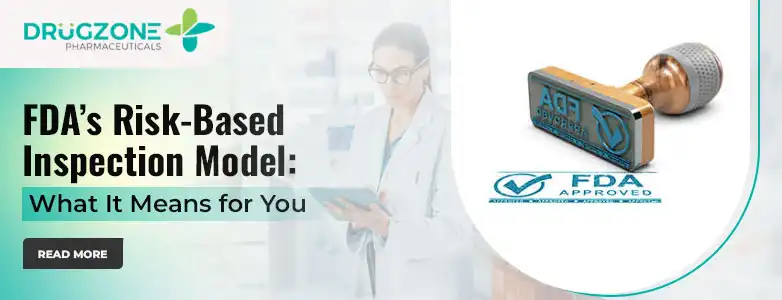
Posted On: May 22, 2025
Federal vs. State Regulations in the U.S. Pharma Industry
The pharma industry in the United States is shaped by two interrelated legal frameworks, namely federal laws and state laws. These laws work together to ensure medications are safe, effective, and dispensed responsibly, especially for pharmaceutical wholesale distributors in the USA who must adhere to both regulatory layers.
While federal laws offer national oversight, state laws handle the everyday operations of pharmacies and pharmacists. Understanding how they differ, and when they might conflict, is essential for pharma professionals and businesses alike.
The Role of Federal Pharmacy Laws
Federal laws are enacted by national agencies such as the Food and Drug Administration (FDA) and the Drug Enforcement Administration (DEA) to maintain the safety and quality of medications across the country.
The FDA oversees the drug approval process, and ensures medications meet strict standards before reaching consumers.
Meanwhile, the DEA regulates controlled substances to prevent misuse and diversion. It manages aspects, such as drug scheduling, prescribing authority, and storage protocols. These laws apply uniformly throughout the U.S., forming the backbone of pharmaceutical regulation.
How State Pharmacy Laws Differ
Unlike federal laws, state pharmacy laws are created and enforced by individual State Boards of Pharmacy. These laws govern the practical side of pharmacy operations within each state.
Areas such as pharmacist licensing, technician responsibilities, prescription refills, vaccine administration, and record-keeping protocols are all handled at the state level.
As a result, a pharmacy's legal responsibilities can vary significantly depending on its location.
The Main Areas Governed by State Pharmacy Laws
Here are some of the prominent aspects regulated at the state level -
Licensing Requirements
Each state has its own licensing process for pharmacists and pharmacy technicians. This includes education standards, examination procedures, and continuing education mandates.
Pharmacy Practice Regulations
States set rules for how pharmacies must operate, such as staffing ratios, permitted services (like immunizations), and operating hours.
Prescription and Dispensing Rules
While federal law controls drug classification, states determine how prescriptions are issued, how long they're valid, and when emergency dispensing is allowed.
Controlled Substance Monitoring
Many states maintain their own Prescription Drug Monitoring Programs (PDMPs) to track controlled substance prescriptions and prevent misuse.
Disciplinary Actions
State Boards of Pharmacy have the authority to investigate complaints and enforce disciplinary actions against licensees for violations of state law.
When Federal and State Laws Conflict
Occasionally, federal and state pharmacy laws clash. Areas like medical marijuana could be the most notable example in this case. While federal law classifies marijuana as a Schedule I substance, making its use illegal, several states have legalized it for medical or recreational use.
In such cases, the more restrictive law generally takes precedence.
Pharmacists and pharmacy operators are advised to comply with the stricter standard to avoid legal risk and protect their professional license.
Navigating Complexity with Drugzone
Complying with both federal and state pharmacy regulations can be complex, especially for pharmaceutical wholesale distributors in the USA operating across state lines.
That’s where Drugzone comes in. As a trusted pharmaceutical wholesale distributor and industry partner, Drugzone is committed to upholding the highest compliance standards while helping our clients stay informed and protected.
Let Drugzone be your ally, as one of the leading pharmaceutical wholesale distributors in the USA!
Frequently Asked Questions (FAQs)
Q. What is the main difference between federal and state pharmacy laws?
Federal laws apply nationwide and focus on drug approval and controlled substances, while state laws govern pharmacy operations like licensing and dispensing within each state.
Q. If state and federal pharmacy laws conflict, which one should pharmacists follow?
Pharmacists should follow stricter laws. In most cases, federal law takes precedence to avoid legal and professional risks.
Q. Why should pharmaceutical wholesale distributors in the USA understand both laws?
Distributors operate across states and must comply with varying state rules while meeting federal standards, especially for controlled drugs and storage practices.
Tags
Latest Posts
Similar Posts
-

How the U.S. Leads in Cancer Drug Development
-

Top 5 Legal Risks Facing Pharmaceutical Companies in USA
-

The Importance of Pharmacovigilance in Wholesale Distribution
-

Surge in FDA Approvals of AI-Enabled Medical Devices: A Decade of Growth
-

The Future of Clinical Trials: Decentralization and Virtual Participation





